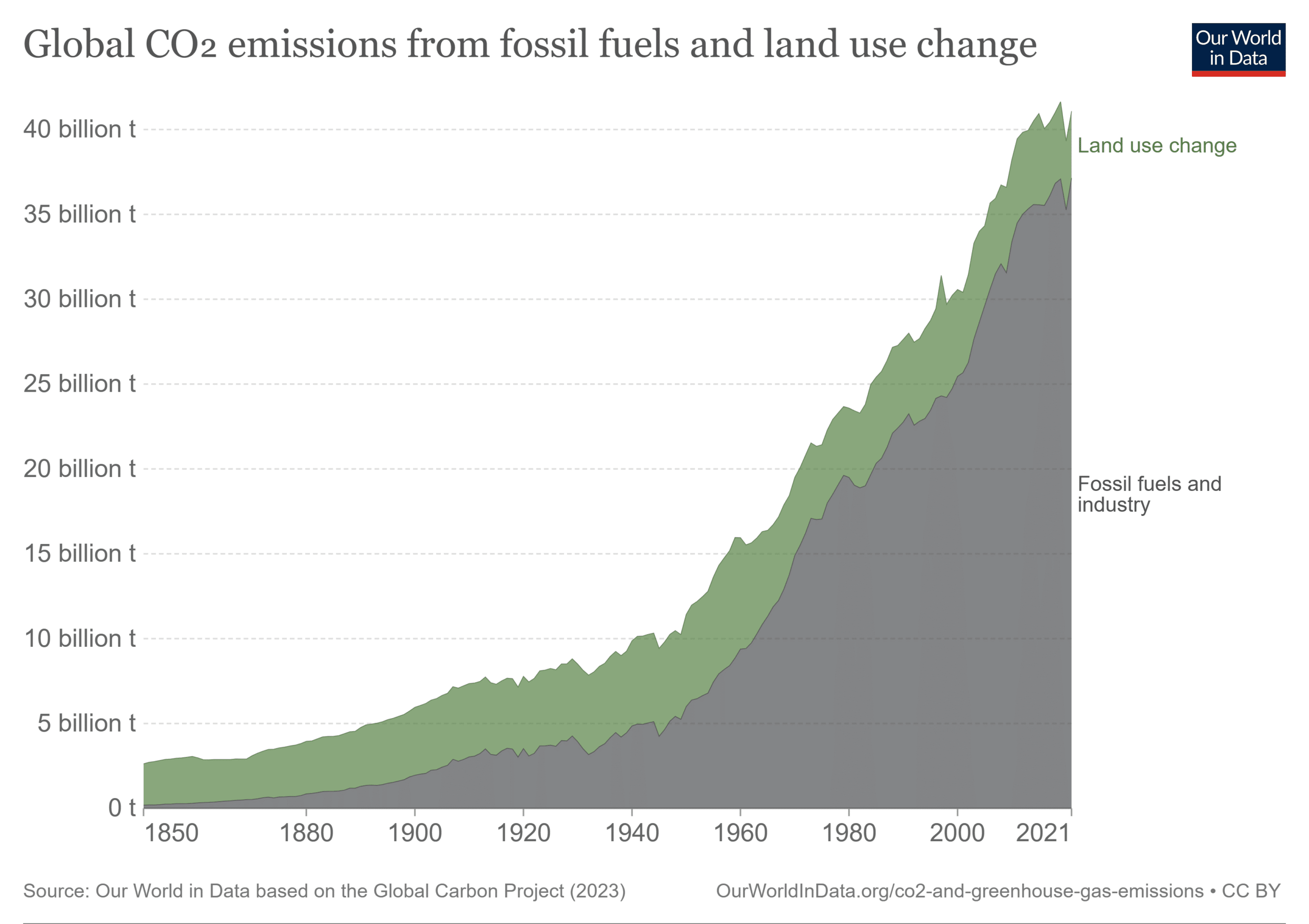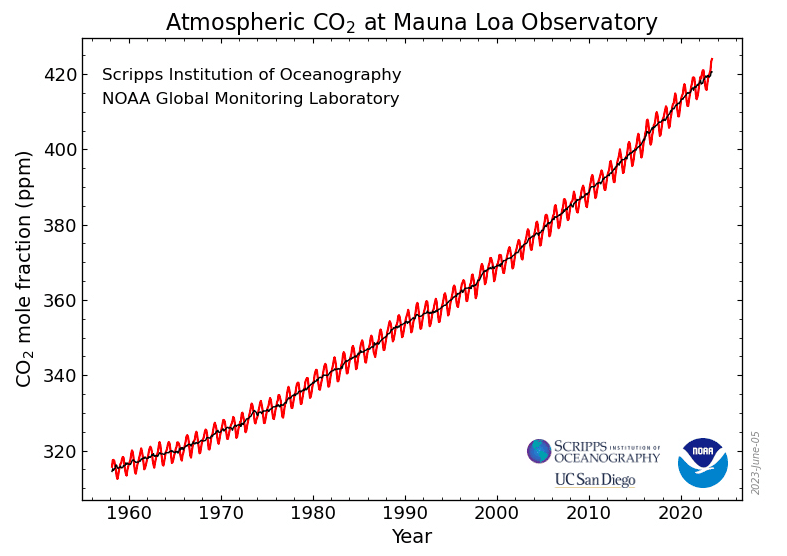Monday won’t be the hottest day ever for a long time, scientists warned as the long-awaited El Niño weather phenomenon is set to push global temperatures even higher this year.
—
Monday was the hottest day ever recorded globally since measurements began, according to the US National Centers for Environmental Prediction (NCEP), with the average global temperature reaching 17.01C (62.62F), breaking the previous record of 16.92C (62.46F) recorded in August 2016.
The milestone came as regions across the world – from China and India to the UK and southern US – battle with intense heatwaves that are putting millions of lives at risk.

Image: NCEP.
Monday’s record temperatures fuelled ongoing concerns about human-induced global warming and the reemergence of the El Niño weather phenomenon, which returned this year and is expected to bring unprecedented heatwaves that will push global temperatures “off the charts”.
Its comeback is also making it “very likely” global average temperatures will exceed 1.5C of warming, beyond which even half a degree will significantly worsen the risks of drought, floods, and extreme heatwaves, and result in food and water insecurity and poverty for millions of people worldwide. In a report published late last year, the UN warned that the world is already on track to warm well above 2C.
A recent study found that estimated losses in GPD caused by the El Niño weather pattern are a hundred times higher than previously thought, amounting to about US$3.4 trillion, and could reach $84 trillion by the end of the century as the climate crisis worsens.
There is no doubt among the scientific community that ever-rising greenhouse gas (GHG) emissions are behind Monday’s tragic milestone. In the last of six major comprehensive climate reports published in May, the Intergovernmental Panel on Climate Change (IPCC) stated that “human-caused climate change is a consequence of more than a century of net GHG emissions from energy use, land-use and land use change, lifestyle and patterns of consumption, and production.”

Carbon dioxide (CO₂) emissions from fossil fuels and industry. Land use change is not included. Image: Our World in Data.
Global fossil fuel consumption has more than doubled in the last 50 years, as countries around the world aim to improve their standards of living and economic output. In 1971, the world consumed approximately 4 billion metric tons of oil. In 2018, the number surpassed 8 billion metric tons.
In May, CO2 levels in the atmosphere peaked at 424 parts per million (ppm), according to the National Oceanic and Atmospheric Administration (NOAA). It was the highest value ever recorded and more than 50% higher than pre-industrial levels.

Full record of monthly mean carbon dioxide measured at Mauna Loa Observatory, Hawaii. Image: NOAA Global Monitoring Laboratory.
Limiting global temperature rise to 1.5C is still possible, though immediate action is needed as we are rapidly running out of time, as Monday’s milestone reminded us. The upcoming UN climate summit in Dubai – COP28 – might be the world’s last chance to change the course of history.
You might also like: Negotiators Disappointed at Bonn Climate Talks’ Weak Outcome Ahead of COP28


















